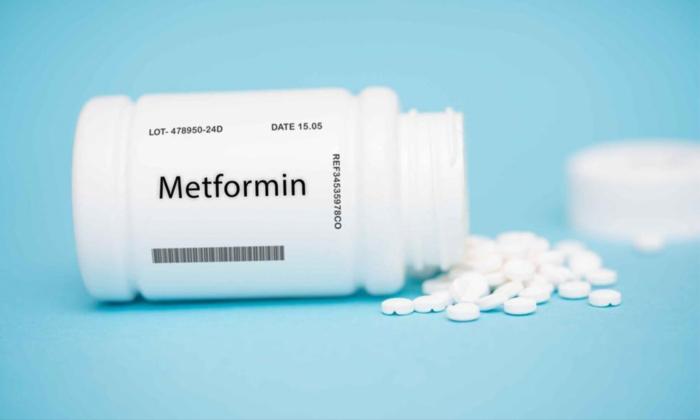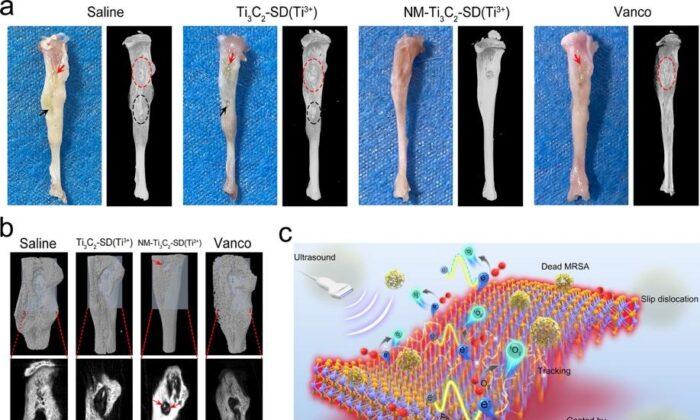They also confirmed that by accelerating the infection, inhibiting MMP can effectively fight against Omicron BA. 1.
SARS-CoV-2 requires host protease to cleave the spike protein of the virus in invading cells.
In addition to TMPRSS2, there has been recent evidence that other proteases, including TMPRSS4, TMPRSS11D, and TMPRSS13, can also activate the SARS-CoV-2 spike protein on the cell membrane, but the reason remains unclear.
Through the pseudovirus screening system, the research team found that MT-MMP and ADAM on the cell membrane can accelerate the SARS-CoV-2 cell invasion.
Mechanically, MT-MMP can cleave the spike protein (S) of SARS-CoV-2, and a receptor protein called angiotensin-converting enzyme 2 (ACE2) promotes the formation of spike protein-mediated zygote, thus speeding up the infection.
In the cell model, researchers found that the replication rate of SARS-CoV-2 of MMP inhibitors in both human lung and intestinal cells decreased by 96 percent and 85 percent, respectively. It indicated that inhibiting host MT-MMP could significantly reduce SARS-CoV-2 from invading and replicating.
In the hamster model, MMP inhibitors significantly reduced the lung virus load of SARS-CoV-2, which lessened the damage to the lung tissue of the hamster. MT-MMP efficacy was more favorable than the original SARS-CoV-2 strain in the hamster’s nasal turbines and lungs.
Dr. Chan Fuk-Woo Jasper is a clinical associate professor at the Department of Microbiology of the School of Clinical Medicine at the University of Hong Kong.
Chan explained, “The study reveals a new membrane protease used in the infection of the original SARS-CoV-2 strain and the Omicron variant, which helps us understand the invasion mechanism of the coronavirus. In addition, these findings are very important for the development of drugs against Omicron variants.”




